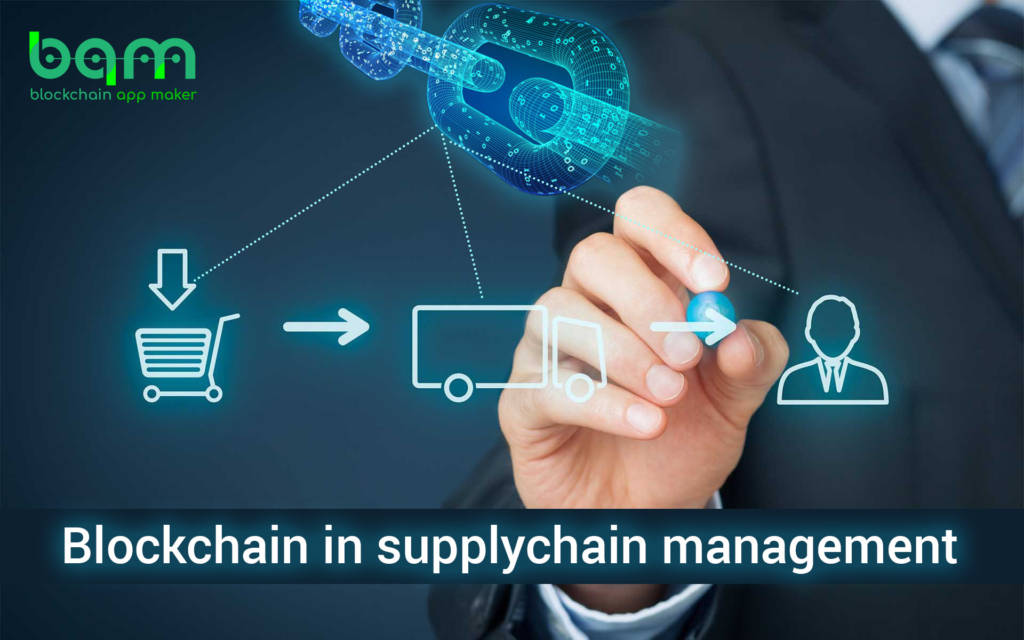
The use of blockchain technology to improve the supply chain is still a hot topic among CEOs and investors. While intriguing applications are progressively becoming available, finding the proper fit has been difficult due to persistent misconceptions about the technology’s capabilities.
Hundreds of millions of dollars have been invested in blockchain applications that offer little value or make no sense in the first place.
A blockchain Isn’t A Panacea
One prevalent misunderstanding is that blockchain technology is a magic pill that can address any supply chain issue. Of course, this isn’t the case, not least due to the complexity of today’s supply networks. Industry, the number of parties involved, and the amount of confidence between these parties all varied, and each has its own set of obstacles and requirements.
A blockchain-Based Solution isn’t the Only or Best Option Available
Blockchain isn’t the only technology that can help you optimize your supply chain. Other technologies, such as electronic data exchange (EDI), are available and, in many circumstances, are a preferable option. For supply chains with well-known and trustworthy participants who work closely together, a centralized database is usually sufficient.
Blockchains will not be Open or Public
The great majority of supply chain blockchain solutions will be permissioned, rather than public or open to all participants, as some commentators have suggested. Instead, access will be controlled centrally and limited to identified parties who may be restricted in the data they may see. Given the privacy considerations surrounding IP, pricing, margins, and other factors, open access is not practical.
Of course, none of this implies that blockchain technology in supply chains doesn’t have a number of high-impact uses. However, these realities indicate that when investing in blockchain-based supply chain solutions, a more nuanced and critical eye is required.
They also serve as a warning to others. It’s critical to understand each supply chain’s specific and unique pain concerns before introducing a blockchain-based solution. It’s also crucial to comprehend the technology’s capabilities and true value proposition.
Where Does the True Potential of a Company Lie?
Finally, the most effective applications are those in which the technology outperforms conventional supply chain solutions in areas like automating interactions between parties, establishing trust, and lowering complexity. There are two important areas where blockchain can have a substantial impact in this setting.
Automation and the Elimination of Middlemen
Using self-executing smart contract agreements that automatically execute according to established rules, blockchain technology can help replace numerous slow, manual, and repetitive operations. Supply chains may minimize operational costs and human error by automating various high-volume, time-consuming operations like payments and settlements, resulting in higher efficiencies.
Smart contracts also remove the requirement for duplications and data reconciliation by eliminating the need to store copies of the same document in several databases across many companies.
A supply chain can become more efficient, have more accountability, and conform to regulatory compliance standards more successfully with better record keeping. Fraud and other execution risks can be mitigated by making secure and accessible digital data available to parties in a transaction since smart contracts prevent manipulation and nonperformance.
Traceability And Provenance
As consumers grow more conscious of sustainability and slave labor issues, knowing where items come from is becoming more important to businesses. Companies in areas such as pharmaceuticals, on the other hand, are required by law to adhere to tight requirements on the maintenance of a drug’s chain of provenance.
Blockchain can collect and share information on the locations and ingredients used to make items, making the supply chain more open. By giving some types of enterprises the ability to look into granular data throughout each stage of the supply chain and follow the movement of goods, the technology may help verify the authenticity of products and raw materials, ensuring product quality, safety, and prevention fakes.
Businesses can conduct real-time audits to see where a problem has occurred if they have the ability to track goods along the supply chain.


